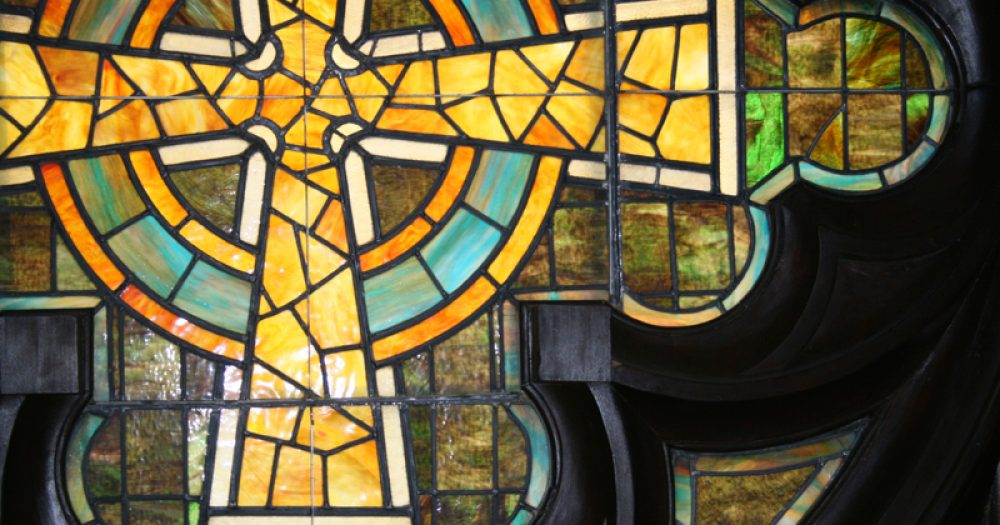Several national newspapers this week reported Brent Council as the first in Britain to allow multi-belief school assemblies in place of daily Christian worship – but Schools Week has found little evidence for the claim, with the council insisting its schools have been able to do this for 11 years.
The reports were based on a press release from Accord, a group campaigning for all state-funded schools to be non or multi-faith, which said the council was the first to “allow schools to be freed from having to provide daily Christian worship by instead allowing them to provide multi-belief or no-faith assemblies”.
But the council has allowed multi-faith assemblies since 2006 and is not alone in “allowing” alternative approaches to daily worship.
Department for Education guidance, issued in 1994, says that schools can apply to councils to be exempt from laws written in 1944 requiring daily worship in schools to be “wholly or broadly” Christian.
A Schools Week investigation previously reported that 125 schools were granted exemptions in 2015, with several councils given “multi-belief” determinations, similar to those in Brent.
Accord said its claim was based on information from 23 standing advisory councils for religious education (13 per cent of the total in the UK) that nominated the council for the organisation’s inclusivity award.








Why can’t we just take the religion out of state schools completely (unless they are voluntary aided or fee-paying) and let schools do their “worship lessons” in Core R.E. Should not assemblies be a fun gathering time for school instructions, imparting information between pupil/teacher/parent, and a short celebration of individual and school success? There is so much more to talk about and unite each school community than the divide of religion, e.g. health and diet, scientific discovery, citizenship, preparation for a school performance or music event, the arts. Or is it because in Britain, religion is so entrenched in the fabric of our politics and society that we dare not change things? Do we think that early religious instruction better shapes the morals of our children as the Victorians would believe? Or are we frightened of other world religions coming to dominate?
RE is not the time and place to do worship either and in fact schools are not allowed to do this in their lessons. The reality is that most state non-faith schools, particularly secondary schools, haven’t done Collective Worship for ages. They may do something special when Ofsted come. However, most schools use assembly time to give out notices, mention key events in the world and talk about achievement. RE lessons are now one of the few spaces where children can discuss deep ideas about life and the world around them(whether they are believers or not)and make sense of the identity and diversity of people around us.